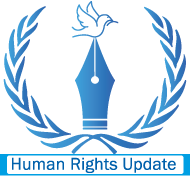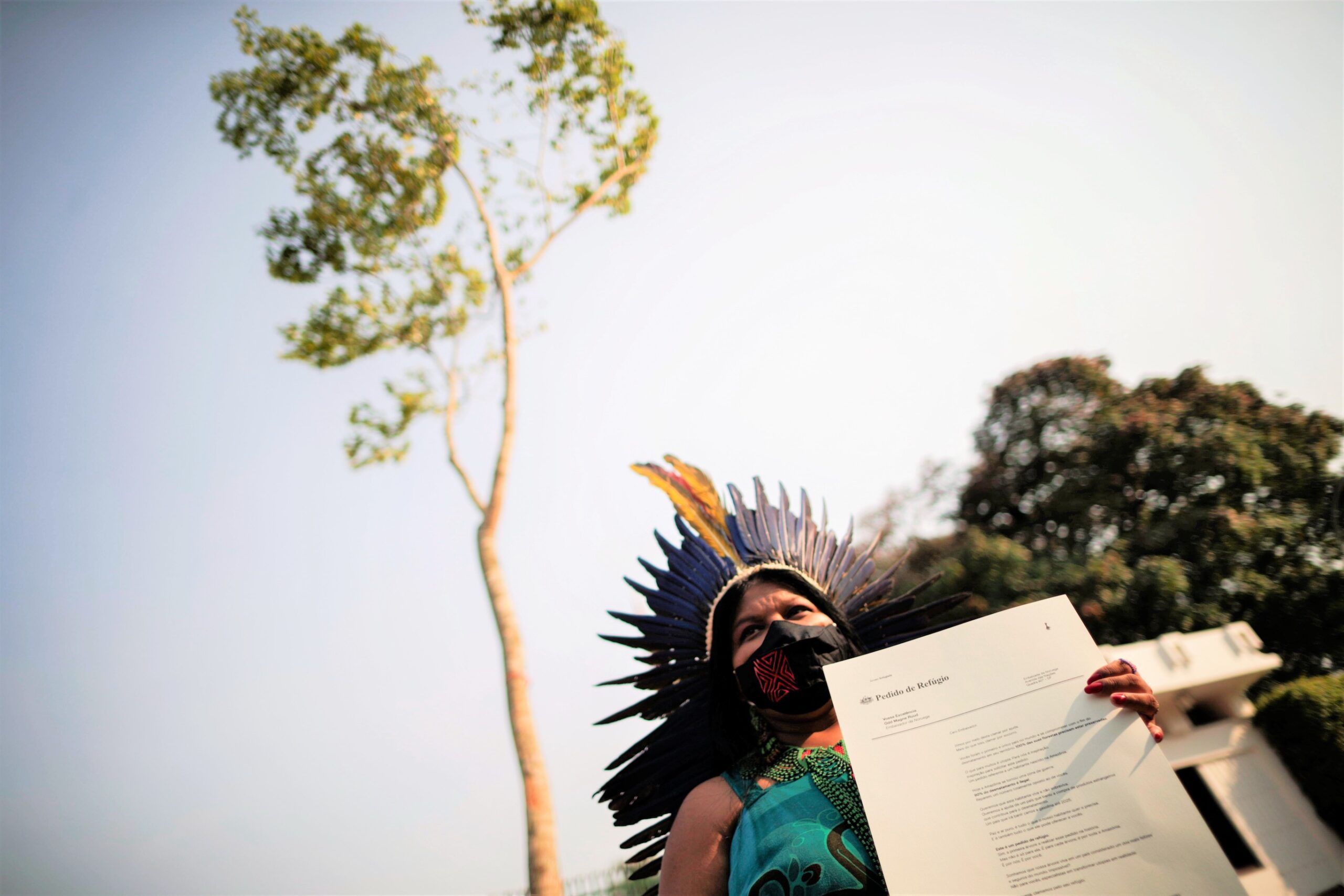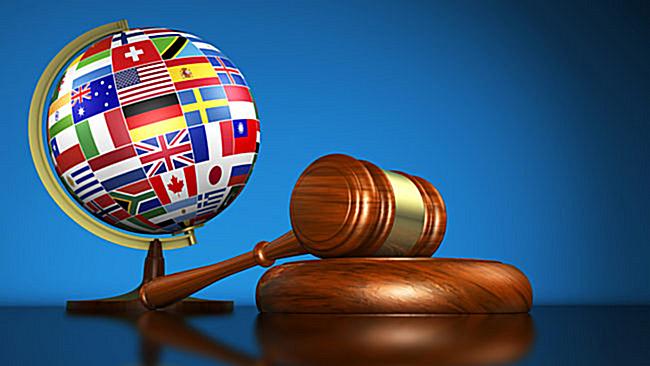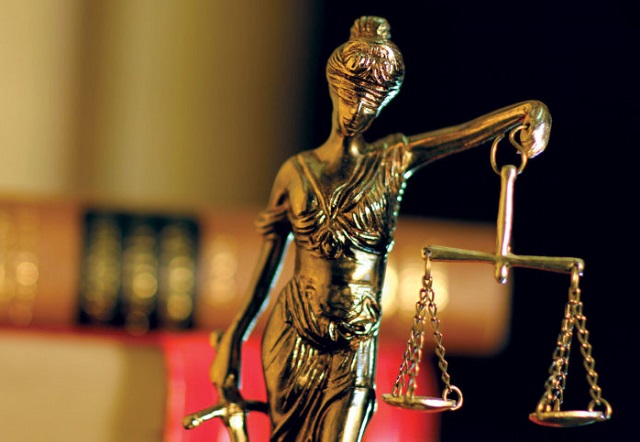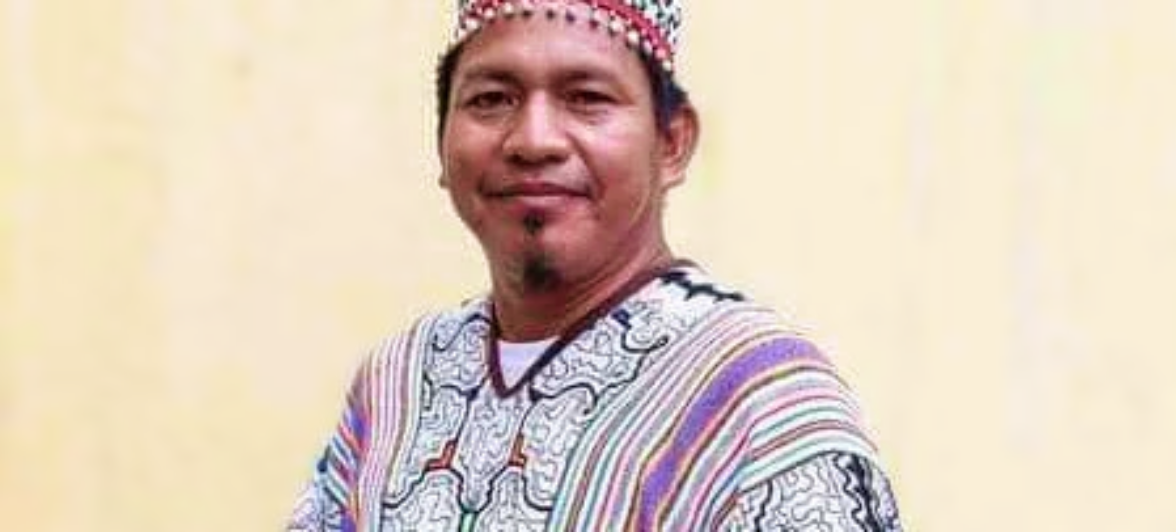In a deeply troubling incident that has sent shockwaves through the international community, human rights organizations are condemning Russia’s alleged involvement in the assassination of Yevgeny Prigozhin, the head of the Wagner Group, a controversial private military organization. Reports suggest that Prigozhin, along with Wagner’s co-founder Dmitri Utkin and finance chief Valery Chekalov, were killed when their private jet was brought down under the orders of Russian President Vladimir Putin. The incident has raised serious concerns about human rights violations and the rule of law.
Russian officials said, among the 10 dead were three crew members and seven passengers. The seven passengers identified on a flight list were Sergey Propustin, Evgeniy Makaryan, Aleksandr Totmin, Valeriy Chekalov, Dmitriy Utkin, Nikolay Matuseev and Prigozhin. The crew was identified as Cmdr. Aleksei Levshin, co-pilot Rustam Karimov and flight attendant Kristina Raspopova.
According to sources close to the matter, Prigozhin and his group had been engaged in a rebellion against the Russian government for the past two months, which President Putin labeled as an act of betrayal. However, recent reports indicate that negotiations had been initiated between Prigozhin and Putin, resulting in an agreement that Wagner’s fighters would either integrate into the Russian military or seek asylum in Belarus to evade punishment. While this accord aimed to resolve the conflict without further bloodshed, the reported assassination of Prigozhin challenges the principles of justice and human rights.
The alleged use of military force to target Prigozhin raises fundamental questions about the right to life, due process, and the rule of law. International human rights groups have voiced their concerns over the incident, emphasizing that even individuals accused of rebellion are entitled to fair treatment and legal proceedings. The extrajudicial nature of the reported assassination, carried out without due process, has provoked outrage and calls for an independent investigation.
As of now, the Russian Defense Ministry has refrained from issuing any official statement on Prigozhin’s death. In contrast, President Putin acknowledged the incident, suggesting that Prigozhin’s opposition to his leadership was a significant error. However, Putin’s statement does not address the alleged extrajudicial nature of the assassination or the broader human rights implications of the event.
Russian forensic experts have commenced the process of identifying the victims, but President Putin indicated that DNA testing might extend the identification timeline. Meanwhile, the international community is closely monitoring developments and urging Russia to uphold its commitments to human rights and the rule of law.
The incident surrounding Yevgeny Prigozhin’s death underscores the need for a thorough and impartial investigation into the circumstances leading to the plane crash. International pressure continues to mount as human rights advocates and concerned nations call for accountability, justice, and a transparent examination of this alleged breach of human rights principles.
